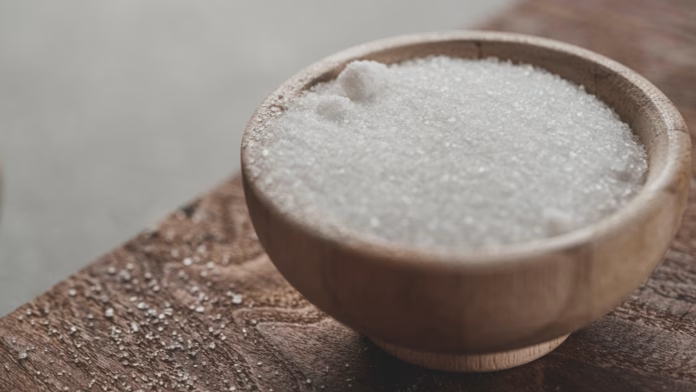Sugar is a ubiquitous ingredient in our modern diets, and its excessive consumption has been linked to a variety of negative health outcomes, including obesity, type 2 diabetes, and heart disease. Additionally, sugar can trigger powerful cravings that can be difficult to resist, leading to a cycle of overconsumption and negative health effects. These cravings are thought to be related to the way sugar interacts with the brain’s reward centers, releasing dopamine and creating a sense of pleasure and satisfaction. However, the more sugar we consume, the more we need to achieve the same effect, leading to a cycle of dependence that can be difficult to break.
Negative Effects of Sugar on Brain
- Memory:
High sugar intake has been linked to memory impairment and a decreased ability to learn new information. Consuming excessive amounts of sugar can lead to inflammation in the brain, which can contribute to memory problems and potentially even increase the risk of conditions like Alzheimer’s disease.
- Mood:
Sugar consumption can also have negative effects on mood. While consuming sugar can initially provide a temporary energy boost and feelings of pleasure, it can also lead to a “crash” as blood sugar levels drop. This can cause feelings of irritability, fatigue, and even depression.
- Cognitive functions:
Sugar has been shown to negatively impact cognitive functions such as attention, decision-making, and problem-solving. High sugar intake has been linked to decreased brain volume in areas responsible for memory and cognitive functions, which can further impair cognitive abilities. Additionally, sugar consumption can disrupt the balance of neurotransmitters in the brain, which can affect mood and cognitive function.
Why do we crave for Sugar despite knowing it’s bad?
Just like any other toxic habit that we have, our relationship with sugar is alike! Sugar is a highly addictive substance that triggers a number of chemical reactions in the brain, leading to intense cravings.
- The Dopamine Hit:
One of the main reasons we crave sugar is because it provides a quick dopamine hit in the brain. Dopamine is a neurotransmitter that is responsible for feelings of pleasure and reward, and consuming sugar can release large amounts of it into the brain.
- Rewires the Brain:
Over time, continued consumption of sugar can cause the brain’s reward center to become desensitized, leading to a need for even more sugar to achieve the same level of pleasure. This cycle can lead to an addiction to sugar and can ultimately have negative effects on both physical and mental health.
Managing Sugar Consumption- Alternatives and Consumption Levels
One of the best ways to manage sugar consumption is to check the labels of packaged foods for added sugars, and choose products with lower amounts.Opt for whole foods like fruits, vegetables, and whole grains, which contain natural sugars and other nutrients.
It is also noteworthy that consuming sugary treats in moderation and being mindful of portion sizes can help manage sugar consumption.
If not, then here are some healthier cousins of sugar you might consider instead-
- Stevia: A natural sweetener that is derived from the leaves of the Stevia plant. It is a zero-calorie sweetener that doesn’t affect blood sugar levels.
- Honey: A natural sweetener that is loaded with antioxidants, vitamins, and minerals. It has a lower glycemic index than sugar, which means it doesn’t cause a rapid spike in blood sugar levels.
- Maple syrup: A natural sweetener that is derived from the sap of maple trees. It is rich in antioxidants and minerals, and has a lower glycemic index than sugar.
- Dates: A whole food sweetener that is loaded with fiber, vitamins, and minerals. They are a great alternative for baking, smoothies, and desserts.
- Coconut sugar: A natural sweetener that is derived from the sap of coconut trees. It has a lower glycemic index than sugar and is rich in vitamins and minerals.
- Xylitol: A sugar alcohol that is derived from plants. It has a low glycemic index and doesn’t cause a rapid spike in blood sugar levels. However, it is important to note that xylitol can be toxic to dogs, so it should be kept away from them.
Remember, while these alternatives are healthier than refined sugar, they should still be consumed in moderation as they still contain calories.





